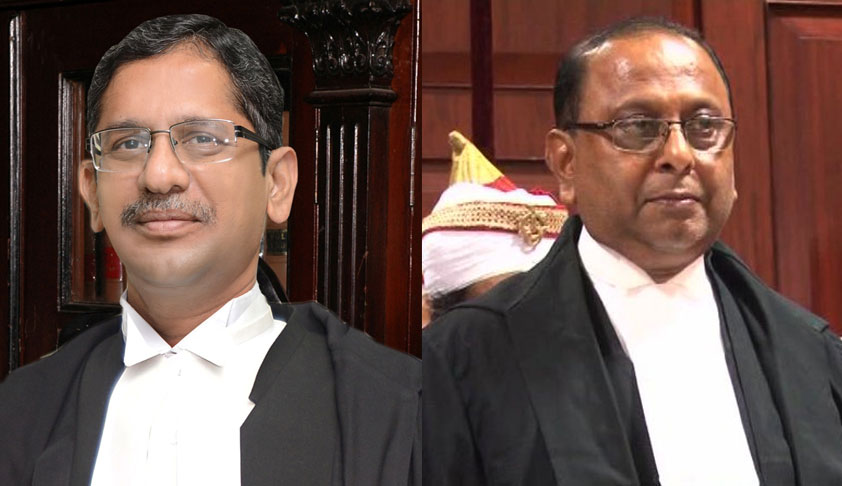Lavlin Case: SC To Hear SLP Filed By 4th Accused Against The Reversal Of His Discharge On October 27
LIVELAW NEWS NETWORK
16 Oct 2017 12:54 PM IST

Next Story
16 Oct 2017 12:54 PM IST
A two Judge Bench of the Supreme Court comprising Justices NV Ramana and Amitava Roy will hear an appeal filed by 4th Accused in the Lavlin Case against the Kerala High Court Judgment reversing the Trial Court’s order discharging the Petitioner. The Kerala High Court vide its Final Judgment and Order dated 23.08.2017 partly allowed the Criminal Revision Petition while upholding...
